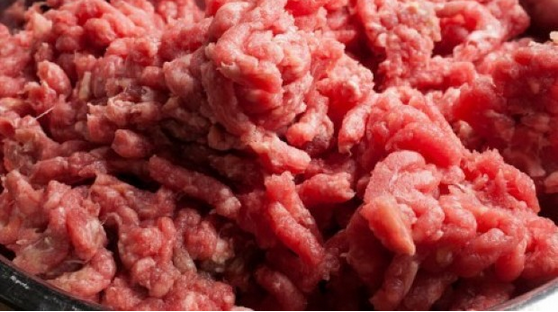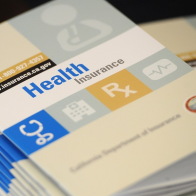
Consciously, I make a decision to avoid beef whenever possible. My turkey tacos are a staple in my household and spaghetti is typically done sans-meat and with lots of vegetables. It’s not necessarily because I’m a die-hard no-red-meat-eater, but largely based on the fact that I don’t trust the processing. I just don’t — and neither should you.
According to an in-depth research report conducted by The Kansas City Star, Big Beef is injecting millions of dollars of growth hormones and antibiotics into cattle, partly to fatten them quickly for market. Another primary concern surrounding recent recalls of bacteria-laden beef on the U.S. market is the governance and use of mechanical tenderizers in beef production facilities.
These machines are used in an effort to improve quality which in turn increase risk for dangerous pathogens to remain laced into the inner-dwellings of the meat, making it difficult to de-contaminate through cooking, unless consumers have been properly made aware and instructed to cook their meat longer. No such labeling of blade meat is required and often slips by into supermarkets (fresh and frozen) and restaurants undetected.
Victims of E.coli outbreaks due to undetected bladed meat feasted on steaks at Applebee’s or homemade burgers only to live a perilous journey of kidney failure, life with a colostomy bag or worse … death.
Just this fall, the article cites, an estimated 2.5 million pounds of E. coli-contaminated meat, including mechanically tenderized cuts, quietly crossed the Canadian border into the United States before it was caught by inspectors. Instead of the U.S. recalling the product, health alerts were posed in place of any real or direct action. Besides, the contaminated meat had already snuck its way into local Sam’s Clubs and Walmarts in over 30 states. The horror.
Despite the recalls and lawsuits, inspections are still lacking and proving to be ineffective in protecting the American public from tainted meat. “That’s because the federal government’s meat inspection program, called Hazard Analysis and Critical Control Points (HACCP), is implemented by meat producers, not government,” writes Mike McGraw in his article for the Star.
“The government requires meat plants to verify that their food safety systems work, but it does not require them to actually test meat, nor does it set standards for plants that do.”
Think before you meat and most of all ask for all of your meat to be cooked well-done. We don’t know what’s lurking and clearly neither do the meat inspectors.







I am SOOOOOO happy I stopped eating red meat. I ate some a few months ago and almost lost my insides. I’m making sure I let my daughter read this article when she comes home so she can red it herself. If I tell her, she thinks I’m being mean…
I might even let her see a video about a slaughterhouse so it can really sink in.
I’m down to a little bit of chicken per week, and seafood. I’ll cut out the chicken in about a month…
i worked in one one summer it’s god awful carbon monoxide is sprayed on the meat to make it more eye catching in the stores and more appealing when you buy it other wise freshly slaughtered meat is usually an off grayish color because during the slaughtering process the blood get’s into the meat and turn’s it a very un appetizing color so yeah oh and the intestines are punctured and that is how that get’s in their
DISGUSTING!!!!!!!!!!!!!!!!!!!!!!!
i second the motion utterly deplorable how does this keep happening in america ugh if that happened in britain they would stop the process and find the farmer and do some medieval style killing ah britain they don’t fuck around
Oh, please. How many of you think your non red meat is safe to eat either. Ridiculous logic here.
LMAO!!!!!!! Headline of the year!
The more I read stories like these, the more I am thinking that giving up meat will be my new year’s resolution!
oh i don’t wanna eat any more with the f.d.d and the u.s,d,a proposing that china yes china cook and process and send back our chicken this is another chink in our collective armor we truly need to worry about our water and food supply seeing as no one else is apparently
I think it’s important to separate store bought, factory farmed red meat from high quality grass-fed red meat. They are two very different things. Unfortunately, a lot of us can’t afford grass fed, small farm raised beef. If you can though, it’s quality stuff and good for you in decent moderation.